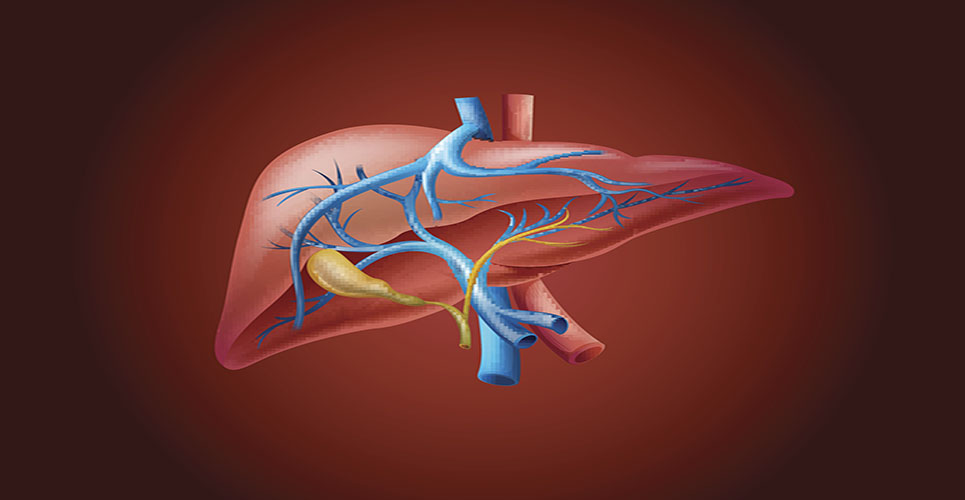teaser
Tibotec, a pharmaceutical research and development company focusing on innovative treatments for infectious diseases, is using its virology expertise to introduce novel antiviral therapies to treat chronic hepatitis C (HCV).
Through a collaboration with Vertex Pharmaceuticals, Tibotec is developing an investigational protease inhibitor (PI) telaprevir, a new specifically targeted antiviral therapy for hepatitis C (STAT-C) to be studied in HCV genotype 1 patients who have failed prior treatment with standard of care, as well as in those who have never been treated.
Tibotec is also collaborating with Medivir on the development of a second generation investigational PI, TMC435, for the treatment of HCV. Data on both compounds will be presented at the 44th Annual Meeting of the European Association for the Study of the Liver (EASL) in Copenhagen, Denmark, 22-26, April 2009.
Telaprevir data at EASL will include a late breaker oral presentation of the final results from the phase 2 clinical trial known as PROVE 3, which was conducted in HCV genotype 1-infected patients who did not respond to a prior course of therapy with current standard of care (including both non-responders and relapsers).
Two additional abstracts with phase 2a data on telaprevir in treatment-naïve patients with genotypes 2, 3 and 4 will also be presented. Data presented at EASL on TMC435 will include an oral and a late-breaker poster presentation of the four-week data from the phase 2 clinical trial known as OPERA-1, which was conducted in genotype 1-infected treatment-naïve and treatment-experienced patients.
“Through our work in HIV, we were able to contribute to the fight against infectious disease and change people’s lives,” said Roger Pomerantz, MD, President of Tibotec Research and Development. “Now we are applying our expertise in virology toward the development of new antivirals for the treatment of HCV.”
To date, Tibotec has brought to market two anti-HIV medications, including a protease inhibitor for treatment-naïve and -experienced patients, and the first non-nucleoside reverse transcriptase inhibitor (NNRTI) to show antiviral activity in NNRTI-resistant patients, both for use as part of HIV combination therapy. Its pipeline comprises additional treatments for HIV, tuberculosis, and HCV.

